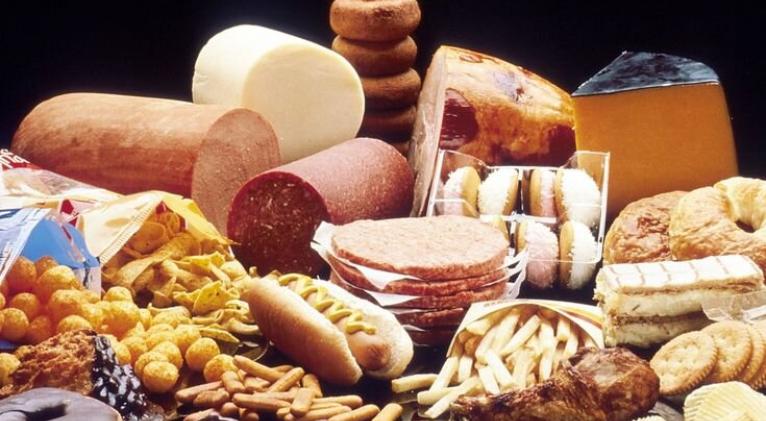High-fat diet increases risk of breast cancer metastasis
especiales

A high-fat diet could promote breast cancer metastasis, according to the results of a study in animal models published today in Nature Communications.
Scientists at Spain’s National Cancer Research Center (CNIO) demonstrated in a study that high-fat eating habits activate mechanisms that facilitate the spread of cancer cells in animal models.
Obesity is associated with an increased risk of developing breast cancer and a greater propensity for the cancer to spread to other organs (metastasize).
The team discovered that obesity promotes the formation of the premetastatic niche in mice by increasing platelet activation, coagulation, and fibronectin in lung tissue.
The work was conducted in animal models of triple-negative breast cancer that develop lung metastases.
According to Marta Hergueta, a CNIO researcher and first author of the study, although the team did not investigate the effect of a fatty diet on other types of tumors, there is data supporting a relationship between obesity and overweight and an increased risk of developing cancer.
This same finding has been observed in 13 tumor types, including those of the endometrium, esophagus, stomach, liver, and kidney, among others.
For cancer to spread throughout the body, it is essential that a large number of cells leave the primary tumor, travel through the bloodstream, and proliferate in other organs, the authors explain. In some cases, the primary tumor has previously prepared the target organ as a nest—a pre-metastatic niche—in which cancer cells take root and can develop.
The CNIO team discovered that obese mice were more likely to create this pre-metastatic niche because they increased platelet activation, blood clotting, and fibronectin, a protein that connects lung tissue cells.
Regarding platelet activation, it was observed that, in rodents fed a high-fat diet, cancer cells were covered with more platelets than in mice on a normal diet.
Platelets could be hindering the detection of cancer cells by forming a shield that protects them as they spread to other organs.
One hypothesis is that platelets could be hindering the detection of cancer cells by forming a shield that protects them as they spread to other organs. Platelets form a shell around tumor cells, preventing the immune system from recognizing and eliminating them,” emphasizes Héctor Peinado, head of the CNIO Microenvironment and Metastasis Group and another of the study’s leaders.














Add new comment